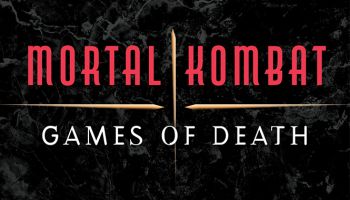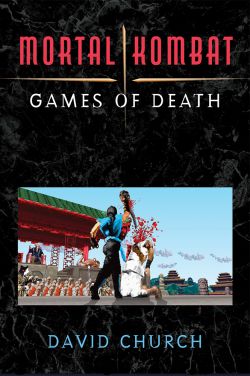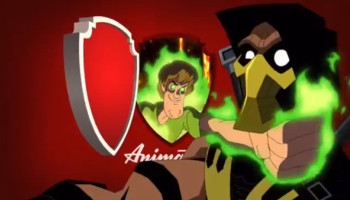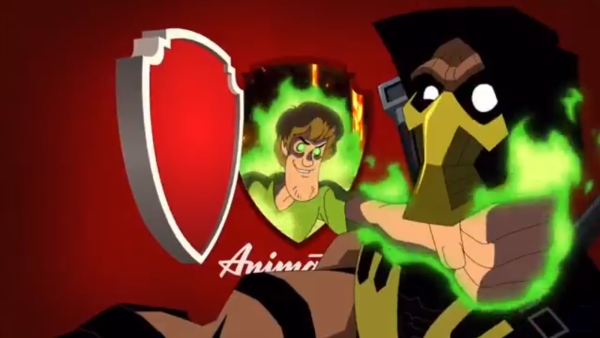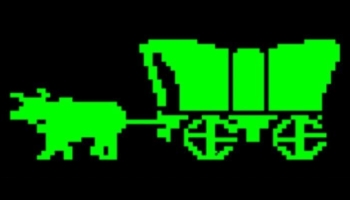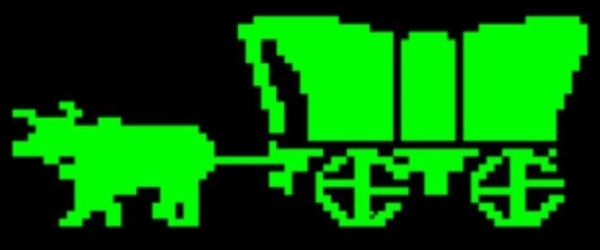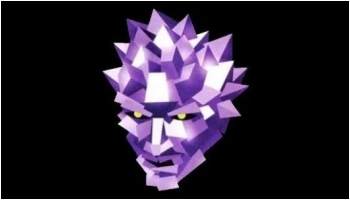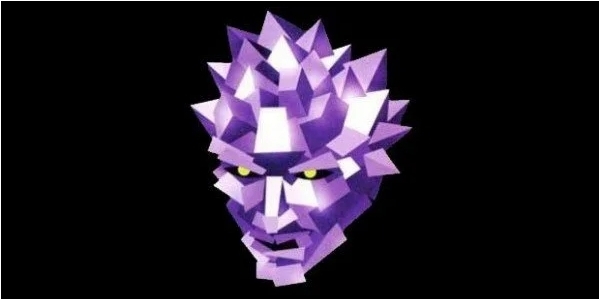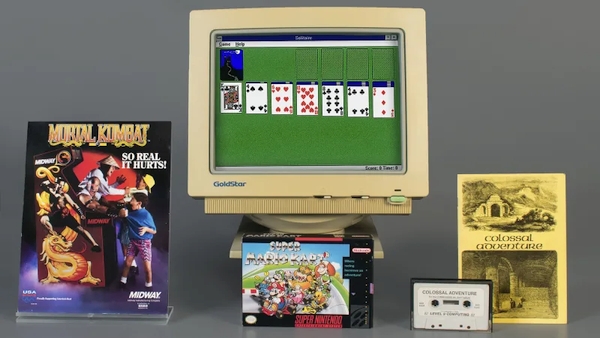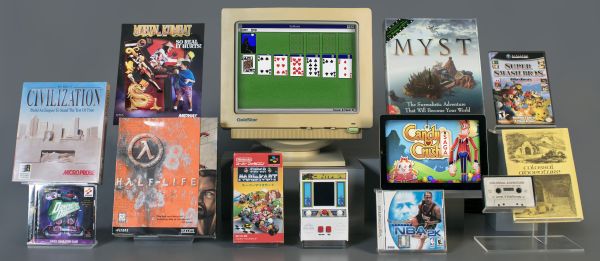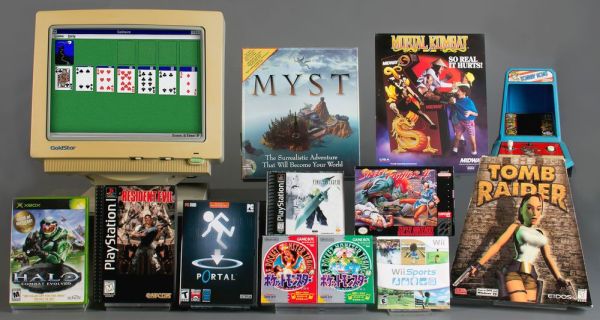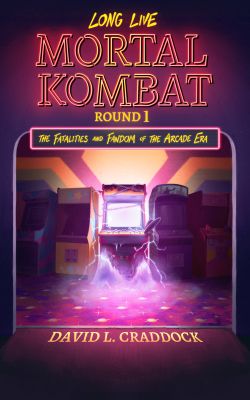 Get over here… and learn more about the release of the next book from David L. Craddock.
Get over here… and learn more about the release of the next book from David L. Craddock.
The author of Monsters in the Dark: The Making of X-COM: UFO Defense, Shovel Knight, and many more will dive into another mostly unexplored corner of video game history this October with Long Live Mortal Kombat Round 1: The Fatalities and Fandom of the Arcade Era.
As you might have guessed from the title, Long Live Mortal Kombat Round 1 will focus on the early days of the franchise (specifically Mortal Kombat through Mortal Kombat 4), and will be the first volume in a trilogy of books:
Long Live MK Round 1 is divided into four sections, organized according to material that concerns MK1, MKII, MK3 and Ultimate MK3, and MK4. You’ll discover the obstacles co-creators Ed Boon and John Tobias faced as they made each game, the ways Midway’s culture influenced MK’s creative and technical directions, how Acclaim revolutionized video game advertising by going all-in on the multi-million-dollar “Mortal Monday” campaign, learn how actors from the games and films landed their roles, and other crucial events in MK history.
If you’d like to get an early look at Long Live Mortal Kombat Round 1, the author was generous enough to share excerpts from the book with a quartet of outlets:
Game Informer – Read An Exclusive Excerpt From Long Live Mortal Kombat: Round 1, A Novel On The Early History Of MK
Nintendo Life – How Mortal Kombat Led To The Birth Of E3 And The ESRB
PC Gamer – Why do Mortal Kombat 3 players still insist on keyboard controls 27 years later?
Shacknews – How Ultimate Mortal Kombat 3’s Tier List Determined the Best Fighters
Craddock is currently seeking funding through Kickstarter to publish Long Live Mortal Kombat Round 1. If the campaign is successful, the book will be available in a Standard Edition (in your choice of hardcover, paperback, or ebook) and an oversized Ultimate Edition with dozens of photographs and a stylized layout.
UPDATE (4/12/22): It’s your lucky day as the author has returned with three additional excerpts for Long Live Mortal Kombat Round 1, bringing the total to seven:
Ars Technica – The punch that changed Mortal Kombat history
Game Developer – Crushed: Inside Capcom’s Marketing Feud with Acclaim and Mortal Kombat
Medium – How Street Fighter 2 and Mortal Kombat Divided Arcades
And congratulations are also in order, as Craddock’s project is now fully-funded on Kickstarter.
UPDATE (10/4/22): It’s release week for Long Live Mortal Kombat Round 1 and author David Craddock is back with one more excerpt. This time, he shared a story with IGN (Mortal Kombat Nitro Developer Remembers the Faster, Bloodier SNES Version That Never Was) about Sculptured Software’s plan to release a bloodier upgrade of Mortal Kombat for the Super NES.
UPDATE (10/8/22): Happy 30th Anniversary to Mortal Kombat! To celebrate, David Craddock shared yet another excerpt with Ars Technica. This time he delves into the story behind the fight over the actor who claims he co-created Mortal Kombat.
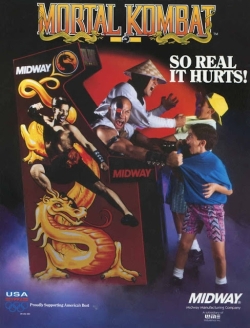 Ed Boon has nurtured the soul of the Mortal Kombat franchise for more than 30 years now. Development began in 1991 when Boon, alongside co-creator John Tobias, pitched a fighting game starring Jean-Claude Van Damme to their bosses at Midway. That part of the plan quickly fizzled out, but the decisionmakers at the company were still interested in creating an original fighting game to piggyback on the success of Street Fighter II.
Ed Boon has nurtured the soul of the Mortal Kombat franchise for more than 30 years now. Development began in 1991 when Boon, alongside co-creator John Tobias, pitched a fighting game starring Jean-Claude Van Damme to their bosses at Midway. That part of the plan quickly fizzled out, but the decisionmakers at the company were still interested in creating an original fighting game to piggyback on the success of Street Fighter II.
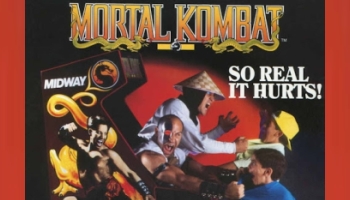
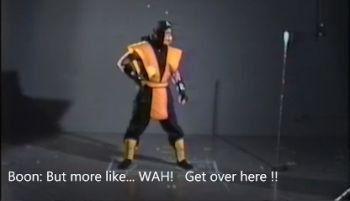
 When you’re developing a video game, you have to be ready for inspiration to strike at any time.
When you’re developing a video game, you have to be ready for inspiration to strike at any time.
 Get over here… and learn more about the release of the next book from David L. Craddock.
Get over here… and learn more about the release of the next book from David L. Craddock.